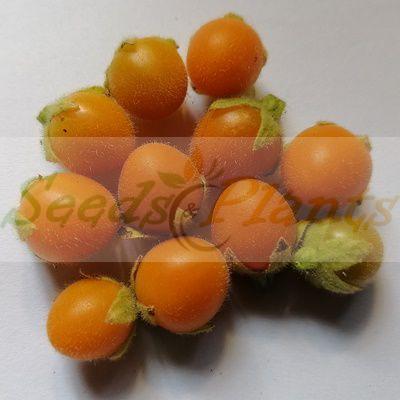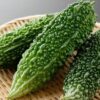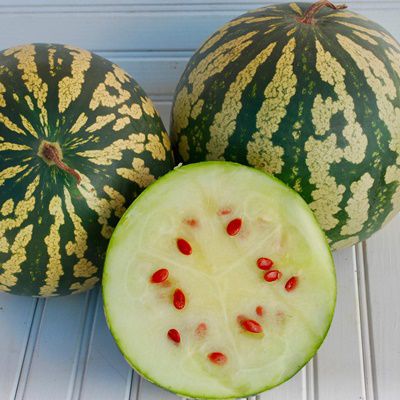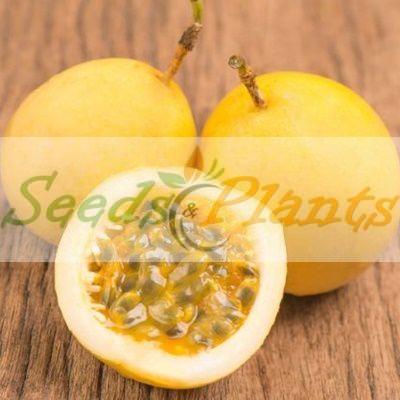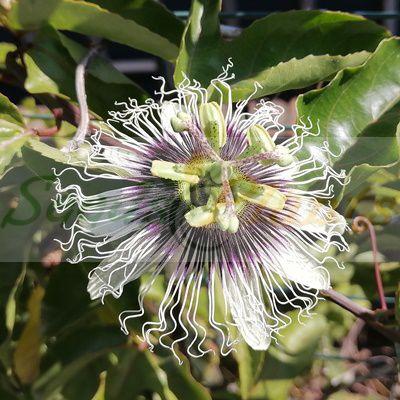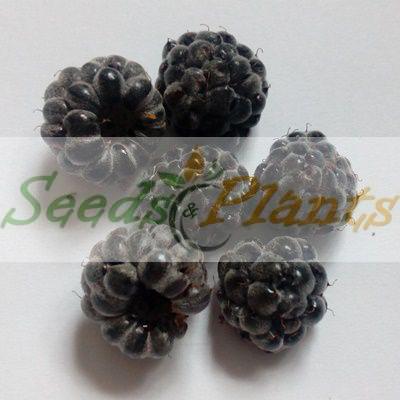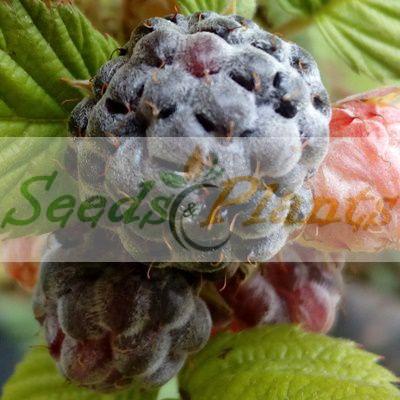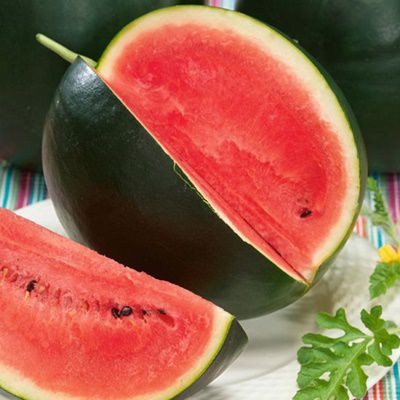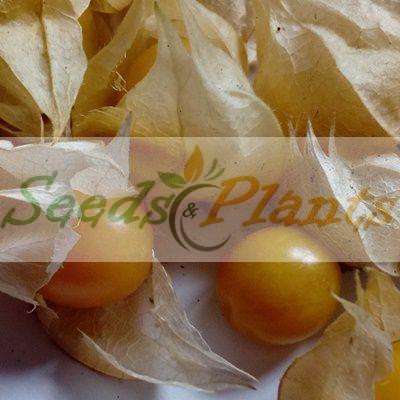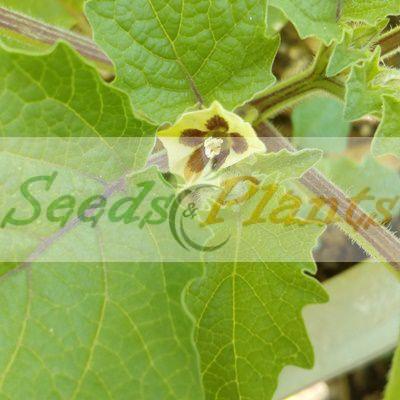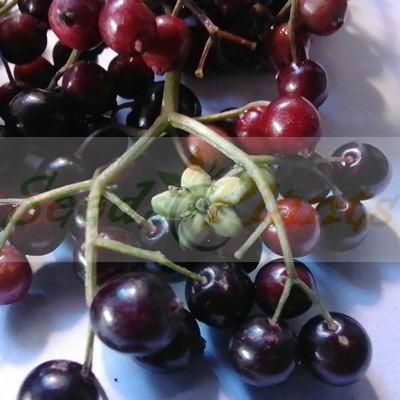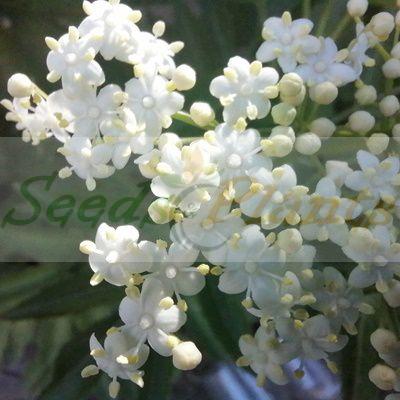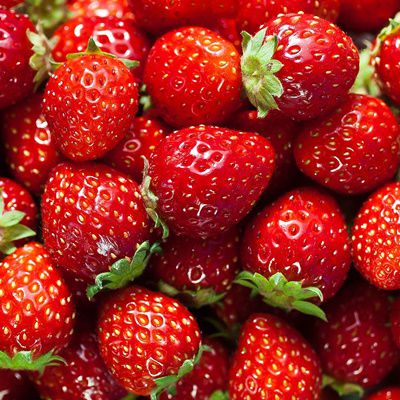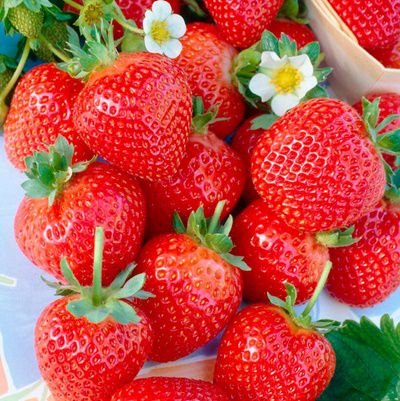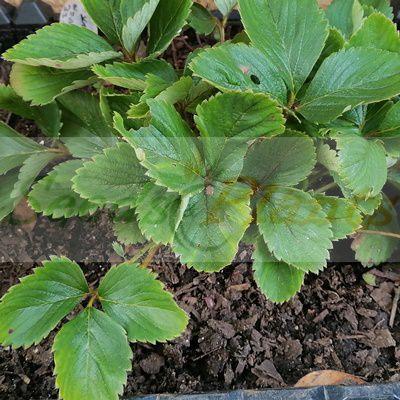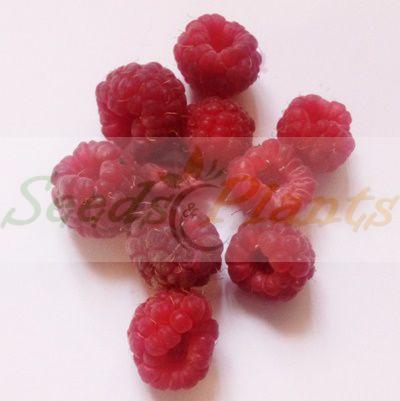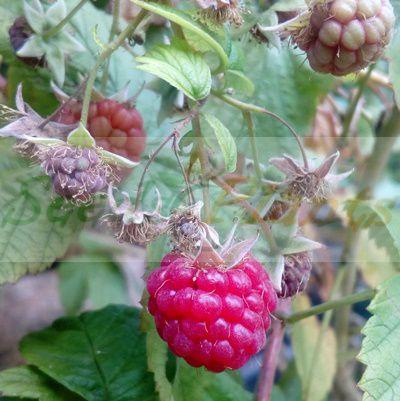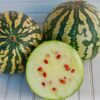🍒 Fruit Quick Facts
Fruit Info
- 🌍 Origin / Region: Southern Africa
- 🍽️ Culinary Use: Cooking, Jams and Jellies, Pickled Rind, Vegetable dishes
- 🥗 Edible Part: Fruit, Leaf, Rind, Seed
- 😋 Flavor Profile: Mildly Sweet
Growth Traits
- 🌱 Life Cycle: Annual
- 🌾 Plant Type: Herbaceous Vine
- 🔁 Fruiting Needs: Needs Only 1 Plant
- 🪴 Growth Habit: Spreading
- 🌸 Flower Color: Yellow
- 🦋 Pollinator Method: Attracts Bees
Growing Requirements
- 🌞 Sun Exposure: Full Sun
- 💧 Water Needs: Avoid Overwatering, Moderate Water, Water Deeply
- ☀️ Growing Conditions: Drought Tolerant, Frost Sensitive, Heat Tolerant, Not Cold Tolerant
- 🟤 Soil Preference: Fertile, Rich Organic, Sandy loam
Makataan – 5 Seeds
(Citrullus lanatus)
R30.00
The Makataan is a heirloom wild watermelon, that has been cultivated in South Africa since pre-colonial times.
Common names: tsamma melon, wild watermelon (Eng.); bitterboela, bitterwaatlemoen, karkoer (Afr.); t’sama (Khoisan); makataan (Tswana).
Indoor Sowing: Not Recommended.
Direct Sowing: Spring and Early Summer.
In stock
🍒 Fruit Quick Facts
Fruit Info
- 🌍 Origin / Region: Southern Africa
- 🍽️ Culinary Use: Cooking, Jams and Jellies, Pickled Rind, Vegetable dishes
- 🥗 Edible Part: Fruit, Leaf, Rind, Seed
- 😋 Flavor Profile: Mildly Sweet
Growth Traits
- 🌱 Life Cycle: Annual
- 🌾 Plant Type: Herbaceous Vine
- 🔁 Fruiting Needs: Needs Only 1 Plant
- 🪴 Growth Habit: Spreading
- 🌸 Flower Color: Yellow
- 🦋 Pollinator Method: Attracts Bees
Growing Requirements
- 🌞 Sun Exposure: Full Sun
- 💧 Water Needs: Avoid Overwatering, Moderate Water, Water Deeply
- ☀️ Growing Conditions: Drought Tolerant, Frost Sensitive, Heat Tolerant, Not Cold Tolerant
- 🟤 Soil Preference: Fertile, Rich Organic, Sandy loam
Makataan (Citrullus lanatus, from the cucurbitaceae family) are edible wild watermelons indigenous to the Southern African region. The Makataan wild watermelon has been cultivated in South Africa since pre-colonial times. It grows wild in grassland and bushland, mostly in sandy soils of the Kgalagadi region of the Northern Cape, and under cultivation Mpumalanga, North West, Limpopo, KwaZulu-Natal, Free State, Western Cape and Eastern Cape.
Common names: tsamma melon, wild watermelon (Eng.); bitterboela, bitterwaatlemoen, karkoer (Afr.); t’sama (Khoisan); makataan (Tswana)
The plant is a creeping melon vine that can grow up to 10 m long. It has deeper roots than the more commonly known commercial watermelons, therefore can hold water for longer periods, and survive better in times of drought.
The fruits of wild plants can grow up to about 20 cm in diameter, they are usually greenish, mottled with darker green. The fruits of cultivated plants are usually bigger, rounded or oval with yellow to dark green skin that is mottled or striped.
The flesh is white to yellow, and juicy, and contains up to 90% water. The inner flesh can be cooked like squash and also served with maize meal or made into a smooth jam. The seeds are edible when roasted, ground into flour, or used in porridge. Young leaves can also be cooked like a green vegetable.
Growing Makataan from Seed
Indoor Sowing: Not Recommended.
Direct Sowing: Spring and Early Summer.
- You can direct sow the seeds from the beginning of Spring to the beginning of Summer.
- Watermelons grow best on sandy loam soils, with good drainage and a soil pH of between 6.0 and 6.8.
- Soil temperature should be at least 18°C for germination to take place.
- Seeds should be sown in an area that gets full sun.
- Direct sow the seeds 2.5cm deep and 50 – 75cm apart, in soil mounds or ridges.
- You need at least three months of reliably hot, sunny weather to grow and ripen a watermelon. During that time your average daily maximum temperature should be at least about 20-25°C
Can this plant be used for culinary purposes?
Makataan is traditionally used for culinary purposes such as cooking and jams and jellies.
Disclaimer
Medicinal Information:
All medicinal information on this website is for educational and informational purposes only and may not be construed as medical advice. The information is not intended to replace medical advice or treatment offered by healthcare professionals.
Seeds, Plants, Plant Cuttings, Geophytes and Dried Herbs:
In some countries and provinces, certain plants are deemed as invasive and are not allowed to be planted at all, whilst some plants are allowed to be grown only in certain areas or provinces. The onus is on you as the buyer to familiarize yourself with the regulations pertaining to your location, before purchasing any of our seeds, plants, plant cuttings, geophytes or dried herbs. We will not be held liable, should you purchase any seeds, plants, plant cuttings, geophytes or dried herbs. from us which are prohibited in your country or province.

